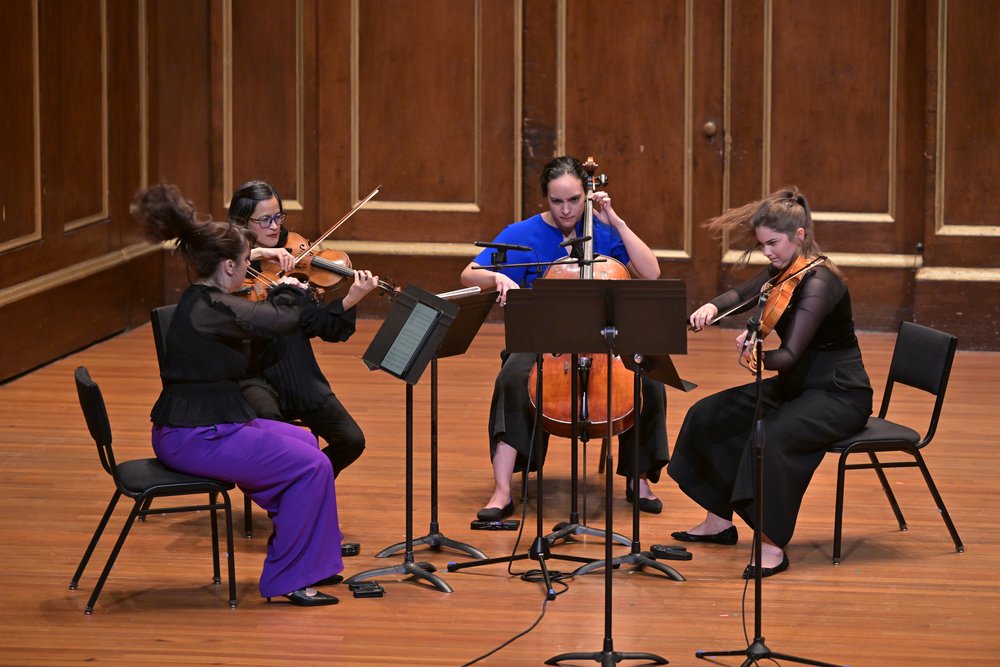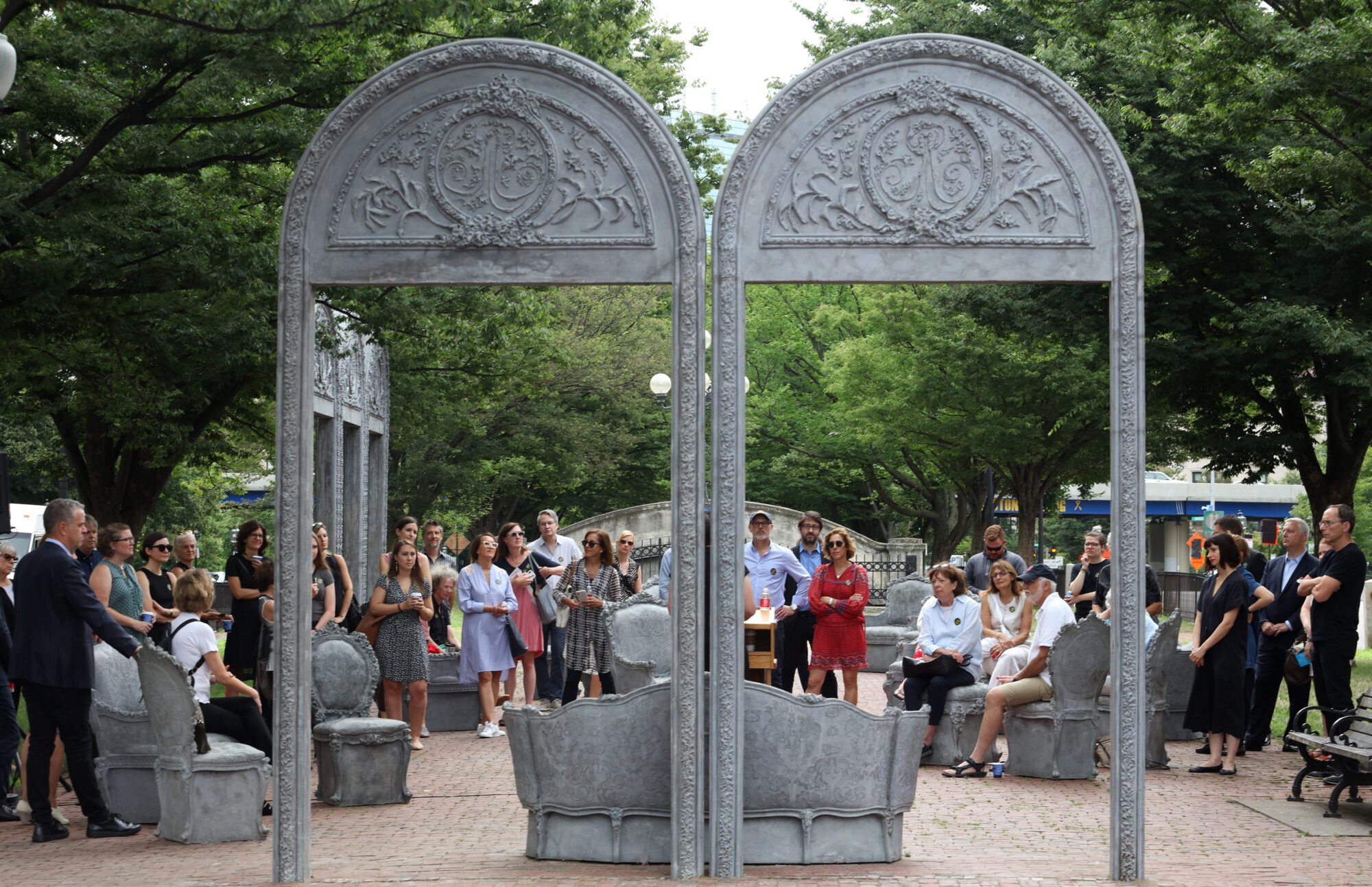
Barr-Klarman Massachusetts Arts Initiative
Building capacity in the arts to adapt to change
This $25 million investment over six years in 29 Massachusetts arts organizations worked to strengthen financial health and adaptability.
The Barr Foundation and The Klarman Family Foundation believe arts and culture organizations have the potential to catalyze communities through arts experiences, foster connections across disparate issue areas and personal difference, and add value to the cultural vibrancy, social wellbeing, and creative economies of their communities.
But to meet this potential, arts organizations require adequate capital and adaptive capacity to endeavor organizational change in response to shifts in the cultural sector and the communities in which they work.
The Barr-Klarman Massachusetts Arts Initiative aimed to build the adaptive capacity of mid-size arts and culture organizations and grow key partnerships statewide. Barr and The Klarman Family Foundation made an investment of $25 million over six years (2018-2024) in the form of multi-year operating and targeted supplemental grants, organizational skills and knowledge-building activities, technical assistance, and coaching.
The Foundations recognized that with this change mandate with the grantee organizations, the Barr‐Klarman Massachusetts Arts Initiative itself must also be nimble, continuously open to learning, and be iterative in its design.
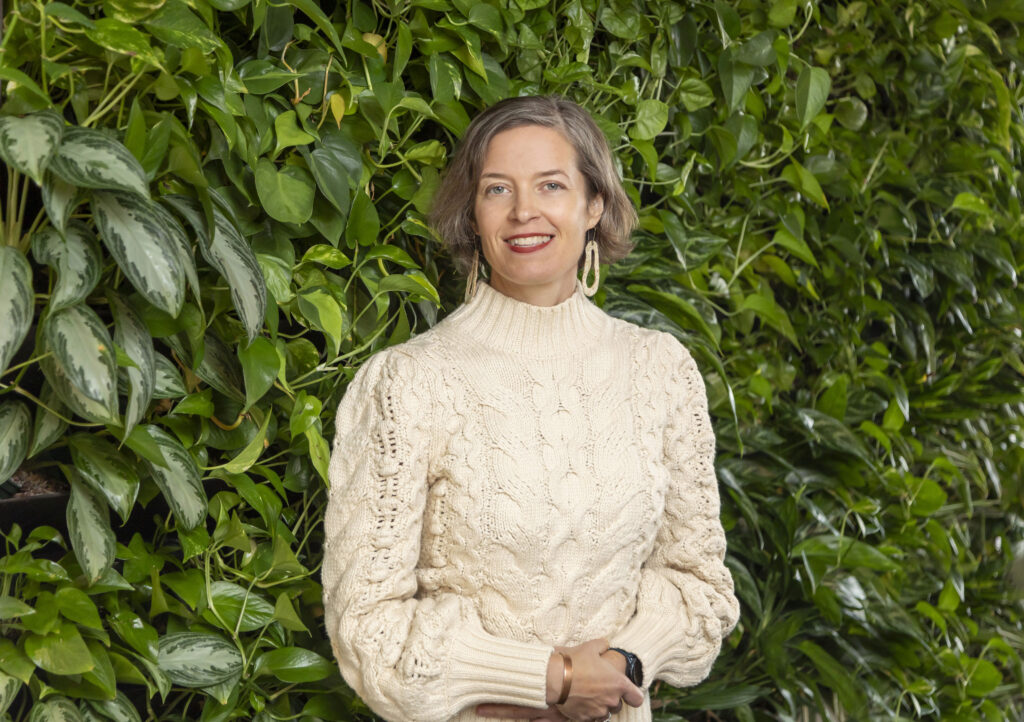
“To meet their potential, arts organizations require adequate capital and adaptive capacity to navigate cultural shifts in the sector and the communities in which they work.”
SueEllen Kroll, Senior Program Officer, Arts + Creativity
Cohort of Partners
Learn about the 29 organizations in the Initiative.
Arts organizations from across Massachusetts participated in the initiative.
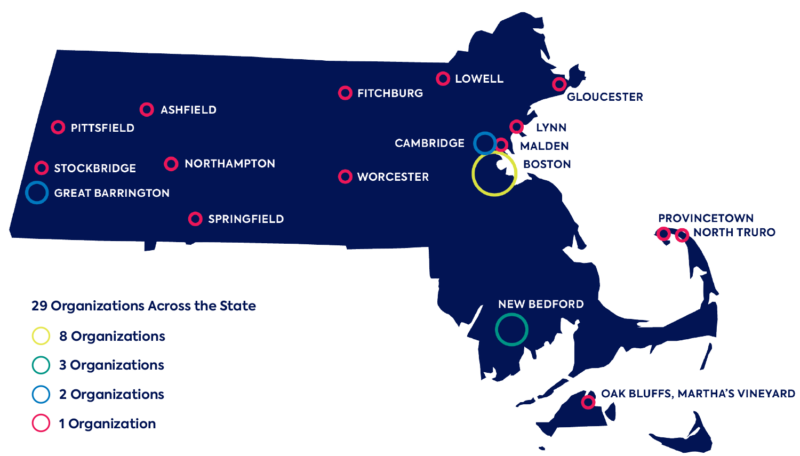
Core Concepts
The overarching core pillars for this initiative are financial health, adaptive capacity, and equity,
with a focus on racial equity.
Financial Health
Broadly speaking, financial health is rooted in nonprofit behaviors and practices that support annual operating surpluses, pay equity, and strong capitalization. BKMAI focuses on understanding capitalization, the accumulation and application of resources on the balance sheet to support the achievement of an organization’s mission over time. Its absence, undercapitalization, is one of the most pervasive barriers to organizations developing adaptive capacity and addressing organizational inequities. With improved capitalization, organizations are able to allocate resources as needed.
Adaptive Capacity
Change demands an organizational practice centered on continuous learning and evaluation, and a cohesive vision and strategy that aligns board and staff. This organizational practice is an adaptive capacity, a set of skills and competencies that bolster an organization to take bold steps in response to external or environmental conditions.
Equity
Equity means the systemic fair treatment of all people, across group identity, that leads to equitable opportunities and outcomes. Prioritizing equity is a way to address disparity of resources (i.e., money, power, access, and human resources) and how those resources are structurally allocated to marginalized communities. Marginalized communities may be based on (but not limited to) race, ethnicity, abilities, socio-economic status, gender, and sexuality. There is an urgent need to address equity with a focus on racial equity in arts organizations and in the sector overall. We believe that equitable arts organizations are able to be more adaptive and relevant to diverse communities.
Eligibility and Selection Criteria
This is a completed initiative, and we are no longer accepting inquiries.
How were the organizations selected?
To select the initiative cohort, Barr and The Klarman Family Foundation first developed a set of eligibility and selection criteria based on our experience with the first Barr‐Klarman cohort – factors that we felt were important to an organization’s ability to participate and benefit fully from this type of initiative. Paramount to the following eligibility and selection criteria was a demonstrated commitment to participating in and contributing to the initiative learning agenda.
Eligibility Criteria
- 501(c)(3), not fiscally sponsored
- At least five years old
- At least two full-time permanent employees
- Operating budget of $350K to $10M
- Satisfactory financial health position and diversity of revenue
Selection Criteria
- A strong articulated artistic point of view
- Clear articulation of the organization’s financial status
- Current strategic direction and past experience that demonstrate a capacity for adaptation
- Strong leadership and engagement from board
- Senior leadership that has a point of view regarding community impact and seeks relevancy to multiple constituencies, such as audiences, neighbors and community, and national colleagues
- Fit with other cohort members and geographic diversity
The databases of the Cultural Data Project and GuideStar – which contain financial information reported to the IRS and organizational information – were used to identify eligible arts organizations in Massachusetts.
Key Components of the Initiative

Multi-Year General Operating Support Grants
Two multi-year, unrestricted grants for each organization

Individualized Strategy Coaching
To review an organization’s financial health trends, theory of change progress, and equity goals

Cohort Learning Opportunities
Cohort-wide learning and knowledge sharing, including annual convenings, networking, and trainings focused on the core pillars of the initiative

Supplemental Grant Funds
Two rounds of funds targeted for specific capacity building

Active staff and board participation
Staff teams, at times with board representatives, participated in the annual Theory of Change drafting and reflection process, trainings, and convenings
Stories About BKMAI Organizations
View all View all blog posts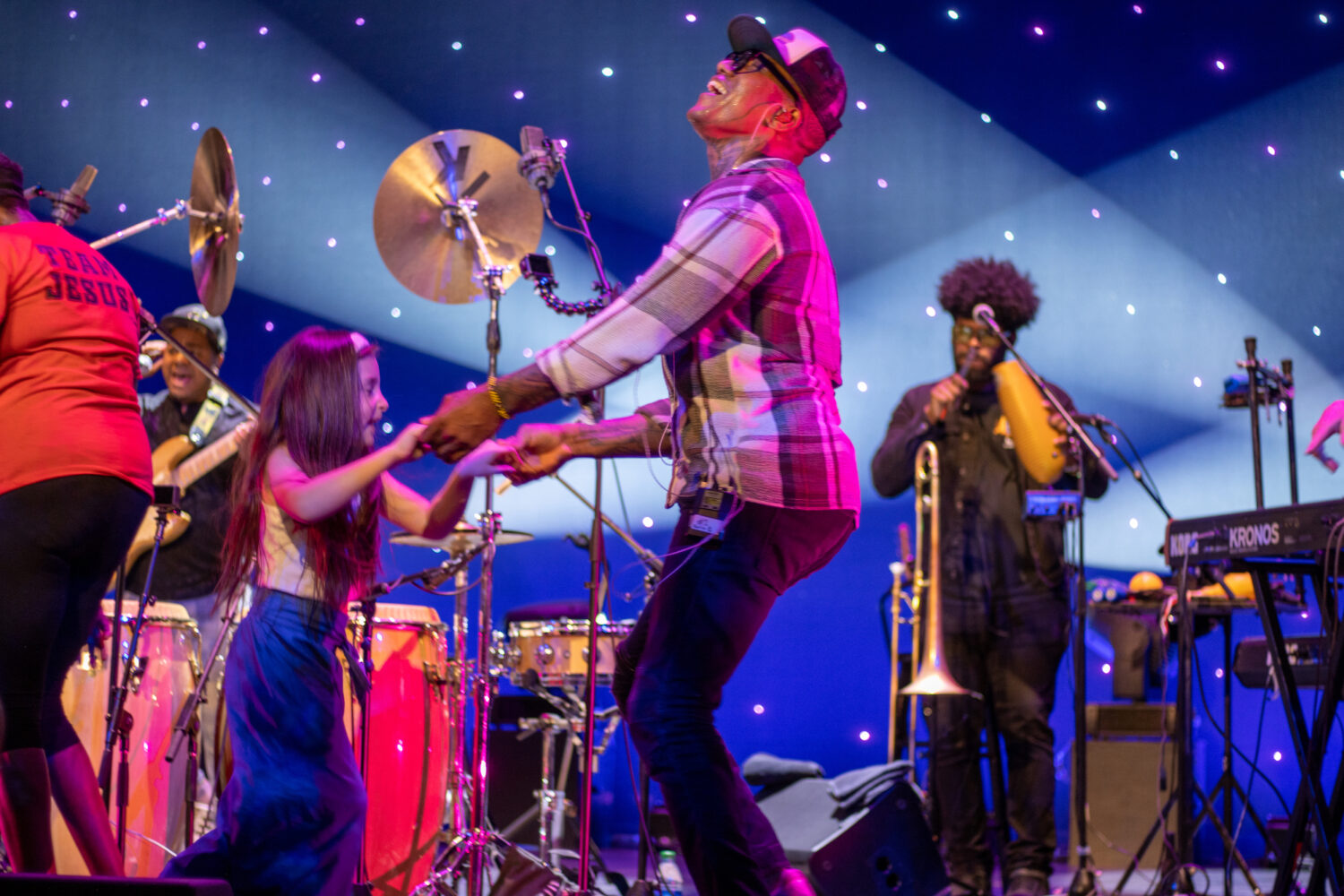
Viva The Mahaiwe!
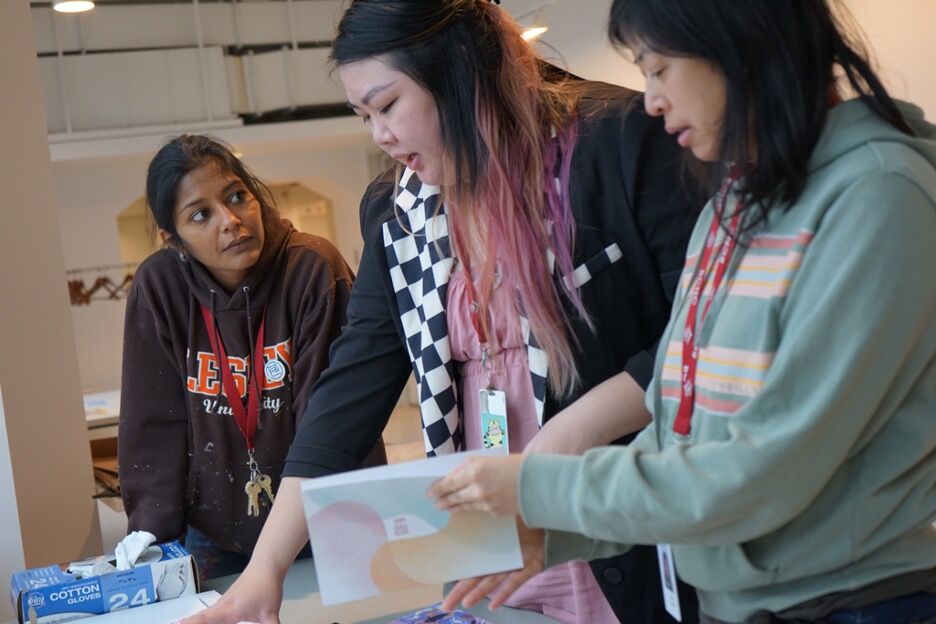
Becoming a Place of Belonging
